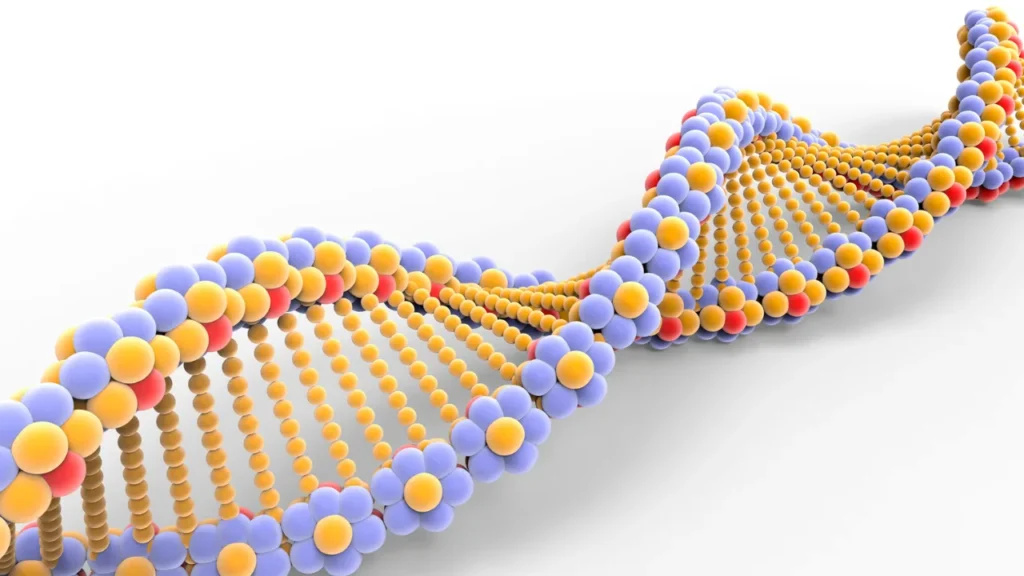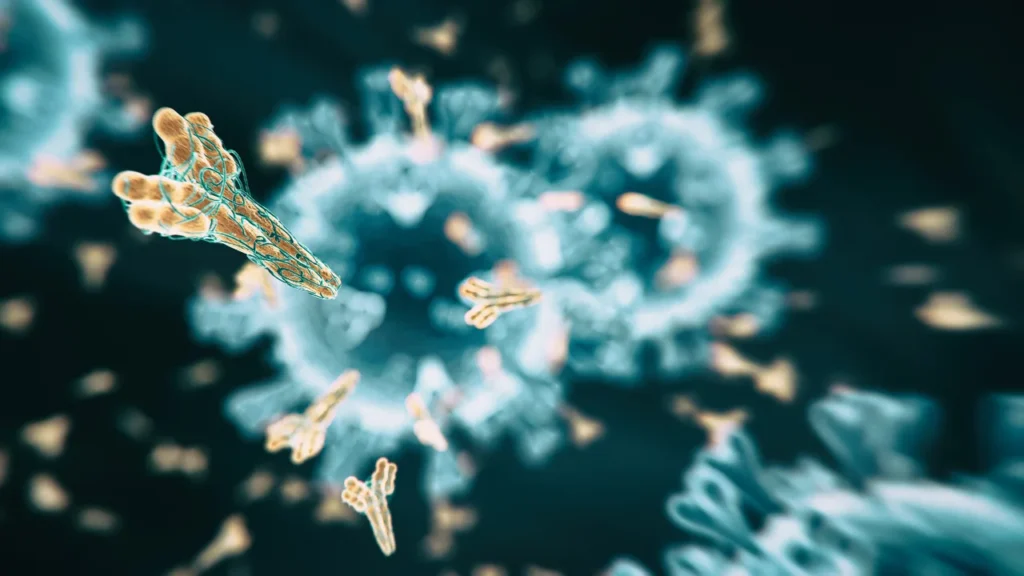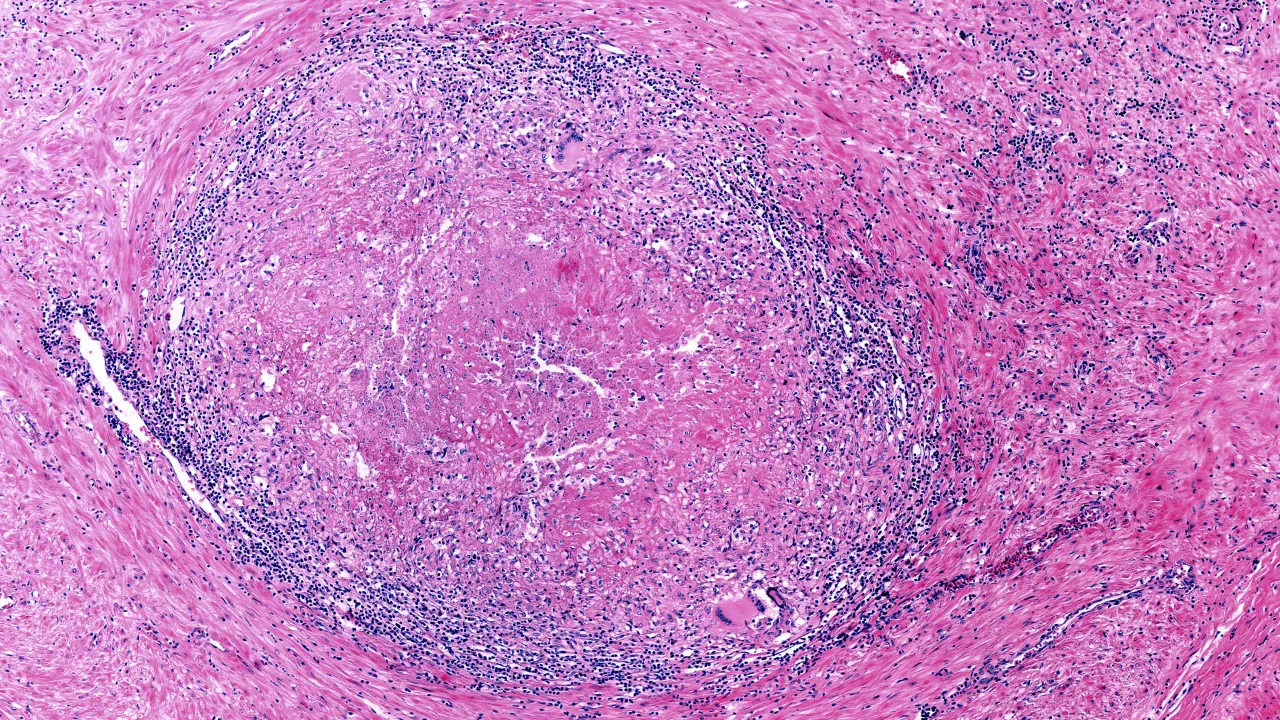Description
Eosinophilic Granulomatosis with Polyangiitis (EGPA), also known as Churg-Strauss Syndrome, represents a rare autoimmune condition marked by systemic swelling, vasculitis, and tissue destruction. This condition, which was first discovered in 1951 by medical professionals Jacob Churg and Lotte Strauss, mostly affects tiny to medium-sized blood vessels and manifests as a wide range of symptoms that may affect several organs. Vasculitis is a class of diseases defined by inflammation and harm to blood vessels, and EGPA is one of its subtypes.
Although not all cases of EGPA are ANCA-positive, it is particularly classified as a form of antineutrophil cytoplasmic antibody (ANCA)-related vasculitis. The eosinophil infiltration of tissues, a kind of white blood cell involved in allergic reactions, is the defining characteristic of EGPA. The skin, gastrointestinal tract, lungs, heart, and neurological system are just a few of the areas where this invasion can result in tissue breakdown and malfunction.
You May Also Like:
Cold agglutinin disease: Description, Causes, and Treatment Protocol
Henoch-Schönlein purpura / IgA vasculitis: Description, Causes, and Treatment Protocol
Churg-Strauss syndrome / eosinophilic granulomatosis with polyangiitis (EGPA): Description, Causes, and Treatment Protocol is an original (MedNewsPedia) article.
Possible Causes
Eosinophilic Granulomatosis with Polyangiitis (EGPA), commonly called Churg-Strauss Syndrome, is still being studied to determine its specific origin. EGPA is thought to be the result of a complicated interaction between predisposition to genes and environmental stressors, and its exact origin is yet unknown. The following are some potential causes of EGPA: –
Genetic Factors: The emergence of EGPA appears to be significantly influenced by genetic predisposition. An individual’s immune reaction may be affected by specific genetic differences, rendering them more susceptible to autoimmune responses and heightened inflammatory responses. These genetic variables play a role in the erroneous immune cell activation and consequent inflammation observed in EGPA.
Environmental Triggers: It is believed that a combination of environmental circumstances and genetic predisposition causes EGPA to manifest. There are several putative causes, even though none have been firmly discovered: –

Allergens
An essential characteristic of EGPA is allergic reactions. In people who are genetically predisposed, exposure to allergens like pollen, animal dander, or specific foods may cause an aberrant immune response that results in the eosinophilic infiltration accompanying vasculitis that characterizes EGPA.
Vaccinations
Although such instances are extremely rare, immunizations have occasionally been mentioned as probable EGPA causes. Immune system stimulation from vaccinations has the potential to result in the growth of EGPA in some people with a hereditary predisposition.
Infections
Several diseases, especially viral infections, are being suggested as potential EGPA causes. Inflammation can be brought on by infections that stimulate the immune system. These immune reactions might malfunction in genetically predisposed people and result in the occurrence of EGPA.
Medications
Certain drugs, including leukotriene receptor antagonists for the treatment of asthma, have been linked to a few occurrences of EGPA. These drugs may, in some unspecified way, help those with a predisposed immunological dysregulation.
Other Factors
Environmental contaminants, toxin exposure, and other potential factors are also being researched. These elements might be involved in the immunological dysregulation seen in EGPA.

Exacerbating and Mitigating Factors
Churg-Strauss Syndrome, commonly called Eosinophilic Granulomatosis with Polyangiitis (EGPA), constitutes a complicated autoimmune condition marked by vasculitis and systemic inflammation. Numerous factors, both aggravating and alleviating, might affect the severity and duration of the condition. Understanding these factors is crucial for EGPA patients to effectively manage their condition and raise their overall standard of living.
The aggravating aspects of EGPA include: –
Respiratory Infections: The symptoms of EGPA can get worse as a result of respiratory infections, especially viral infections. Infections can worsen asthmatic symptoms and cause flare-ups.
Allergen Exposure: EGPA is usually associated with allergy symptoms. Immunological responses and disease activity may be exacerbated by being exposed to allergens, including pollen, cat dander, or specific foods.
Stress: Stress hormones that may impact immune function and perhaps worsen inflammation are released as a result of emotional and psychological strain. Techniques for reducing stress could be advantageous.
Medication Non-Adherence: Missing doses or failing to follow treatment regimens can lead to uncontrolled progression of the disease and worsening of symptoms. Missing immunosuppressive medicine dosages might cause illness flare-ups.
Underlying Allergic Conditions: Owing to their increased immune responses, those with pre-existing allergy disorders, including atopic dermatitis or allergic rhinitis, can be more susceptible to EGPA exacerbations.
Environmental Factors: Environmental contaminants and pollution may exacerbate EGPA symptoms, particularly in people who already have respiratory involvement.

The alleviating factors of EGPA comprise: –
Asthma Management: Adequate management of EGPA-coexisting asthma symptoms will lessen the likelihood that EGPA flare-ups will be brought on by asthma exacerbations.
Avoiding Allergens: Minimizing the activation of the immune system and lowering the likelihood of exacerbations can both be accomplished by recognizing and preventing allergens that cause allergic reactions.
Stress Reduction: Stress management techniques, including mindfulness, meditation, and relaxation techniques, can help minimize the impact of stress on the immune system of the body.
Early Detection and Therapy: Timely diagnosis and the initiation of appropriate treatment can help control inflammation and prevent disease progression. Early intervention is associated with better outcomes.
Continual Medical Monitoring: Regular check-ups with medical professionals enable close tracking of the disease’s progression and necessary modifications to treatment programs.
Compliance with Medications: It is essential for illness management and avoiding exacerbations to take prescribed drugs as directed particularly immunosuppressants and glucocorticoids.
Respiratory Hygiene: Reducing the possibility of infections causing flare-ups involves maintaining excellent respiratory hygiene, which includes frequent hand washing and preventing close contact with people who have respiratory infections.
Healthy Lifestyle: Following a healthy lifestyle that includes a balanced diet, frequent exercise, and enough sleep can promote general immune function and health.
Patient Education: Patients can make educated decisions and take preventative measures to maintain their health by being aware of their disease, symptoms, and triggers.
Avoiding Environmental Toxins: Inflammation and exacerbations of respiratory conditions can be reduced by minimizing exposure to environmental contaminants like smoke from cigarettes and air pollution.
Standard Treatment Protocol
Managing vasculitis, reducing inflammation, and treating organ-specific symptoms are the main goals of EGPA treatment. The following describes the typical EGPA treatment plan: –
Glucocorticoids (Steroids): The first line of treatment for EGPA frequently involves glucocorticoids like prednisone or methylprednisolone. These drugs effectively reduce immune system reactions and inflammation. To reduce the negative effects of long-term steroid therapy, high dosages may be given during disease flare-ups, followed by a slow tapering strategy.

Immunosuppressants: These include the following: –
Cyclophosphamide
When important organs such as the lungs, kidneys, or heart undergo damage by severe EGPA, a powerful immunosuppressive drug is frequently prescribed. It lessens vasculitis and assists in regulating an excessive immune reaction.
Azathioprine
As a substitute for steroids, this drug is utilized. It enables a decrease in the dosage of steroids while assisting in maintaining disease management.
Methotrexate
Methotrexate is another steroid-free alternative that is used to regulate chronic disease activity and lessen the need for large doses of glucocorticoids.
Biologic Therapies: These include the following: –
Rituximab
B cell-targeting monoclonal antibody; B cells are involved in the autoimmune reaction. For instances that are not responding to existing treatments or have major relapses, rituximab may be tried.
Mepolizumab and Benralizumab
Eosinophils, which play a significant role in EGPA, are the specific target of these monoclonal antibodies. Patients who experience eosinophil-driven symptoms may benefit from them.

Treatment Options
The following are the alternative EGPA therapies available to the usual treatment protocol: –
Disease Monitoring: Monitoring disease activity, evaluating the effectiveness of treatment, and making necessary drug adjustments all depend on scheduling regular follow-up consultations with healthcare professionals.
Organ-Specific Treatment: They consist of the following: –
Asthma Management
In addition to EGPA-specific therapies, patients with EGPA who also have asthma are treated with inhaled corticosteroids and bronchodilators.
Cardiac Involvement
Depending on the degree of involvement, heart-related symptoms may necessitate medicine to control blood pressure, heart failure, and heart rhythm.
Supportive Care: These include the following: –
Pain Management
Acetaminophen and nonsteroidal anti-inflammatory medications (NSAIDs), two over-the-counter painkillers, can help control minor pain and discomfort.
Nutrition and Hydration
A healthy lifestyle, especially when using immunosuppressive medicines, requires a balanced diet and adequate hydration.
Nutritional Supplements: These are listed below: –
Omega-3 Fatty Acids
Omega-3 fatty acids are found in fish oil and contain anti-inflammatory effects that may help manage inflammation further.

Vitamin D
The immune system and general health depend on sufficient vitamin D levels. If levels are inadequate, supplements might be thought about.
Complementary and Alternative Treatments: These include the following: –
Herbal Supplements
Several herbal supplements, such as boswellia and turmeric, contain anti-inflammatory qualities and may offer supplementary assistance. Due to possible adverse effects of prescribed medications, their administration should be reviewed with healthcare professionals.
Mind-Body Therapies
Yoga, deep breathing exercises, and other stress-reduction techniques can help lower stress and improve general health.
Although some patients may investigate alternatives and complementary treatments, it is vital to remember that these ought not to be utilized in the place of traditional medical care. Before beginning a new therapy regimen, it is essential to speak with a skilled healthcare professional because associations, contraindications, and potential hazards must be carefully considered.
Conclusion
Eosinophilic Granulomatosis with Polyangiitis (EGPA), or Churg-Strauss Syndrome, is a complex autoimmune condition characterized by systemic inflammation and vasculitis affecting multiple organs. While the exact causes remain under investigation, advancements in understanding the genetic, environmental, and immunological factors have significantly enhanced diagnostic and treatment protocols. Early intervention with glucocorticoids, immunosuppressants, or biologic therapies is critical in managing disease progression and preventing organ damage. Complementary strategies, such as stress management, a healthy lifestyle, and targeted nutritional support, can further improve patient outcomes and quality of life. Collaboration between patients and healthcare providers ensures that treatment regimens are tailored to individual needs, enabling better disease control and long-term health management.

Additional resources for further reference
https://www.ncbi.nlm.nih.gov/books/NBK537099
https://www.lung.org/lung-health-diseases/lung-disease-lookup/egpa/about-epga
https://www.lung.org/lung-health-diseases/lung-disease-lookup/egpa/about-epga
Important Note: The information contained in this article is for general informational purposes only, and should not be construed as health or medical advice, nor is it intended to diagnose, prevent, treat, or cure any disease or health condition. Before embarking on any diet, fitness regimen, or program of nutritional supplementation, it is advisable to consult your healthcare professional in order to determine its safety and probable efficacy in terms of your individual state of health.
Regarding Nutritional Supplements Or Other Non-Prescription Health Products: If any nutritional supplements or other non-prescription health products are mentioned in the foregoing article, any claims or statements made about them have not been evaluated by the U.S. Food and Drug Administration, and such nutritional supplements or other health products are not intended to diagnose, treat, cure, or prevent any disease.


